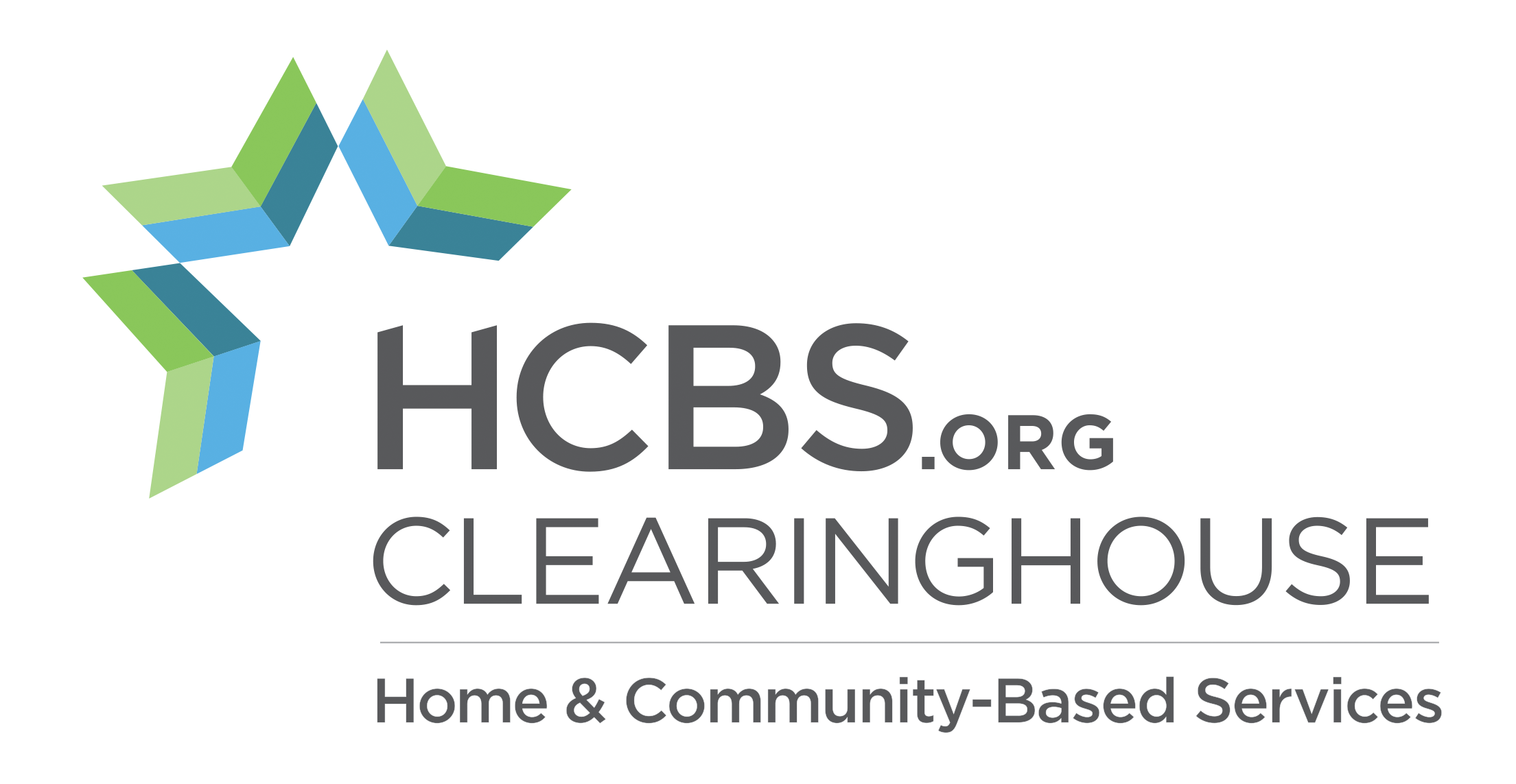
Long-Term Care in Balance: The Role of Medicaid Policy in Pennsylvania
Article Publication Date
Summary
The proportion of long-term care spending that goes to institutional care has been dropping over time, from 81 percent in 1995 to 63 percent in 2005. However, there remains significant concern that many people who would prefer to receive care in the community are unable to do so because of what has been termed the ‘institutional bias’ of Medicaid. This report discusses the issues surrounding efforts underway to shift the balance toward HCBS in the state of Pennsylvania.
Types/Tools
Populations
Sources
Pennsylvania Medicaid Policy Center
Programs/Initiatives
Keywords
fiscal; year 2005; Medicaid Spending; Rebalancing policies; long-term care programs in the state of Pennsylvania; expanding community-based long-term care; recommendations for the LTC system; ADL; IADL; Better Jobs and Better Care Coalition (BJBC-PA); Center for Advocacy for the Rights and Interests of the Elderly (CARIE); Pennsylvania Direct Care Worker Association; Policy Options for Expanding Community-Based Long-Term Care; The Consolidated Waiver for Individuals with Mental Retardation; Pennsylvania Department on Aging (PDA) Waiver; The Pennsylvania Elwyn Waiver Program; COMMCARE Waiver; OBRA Waiver; Independence Waiver; AIDS Waiver; Michael Dallas Waiver
Contact
Monica
Costlow
130 DeSoto Street, A616
Pittsburgh, PA 15260
NULL
costlow@pitt.edu

